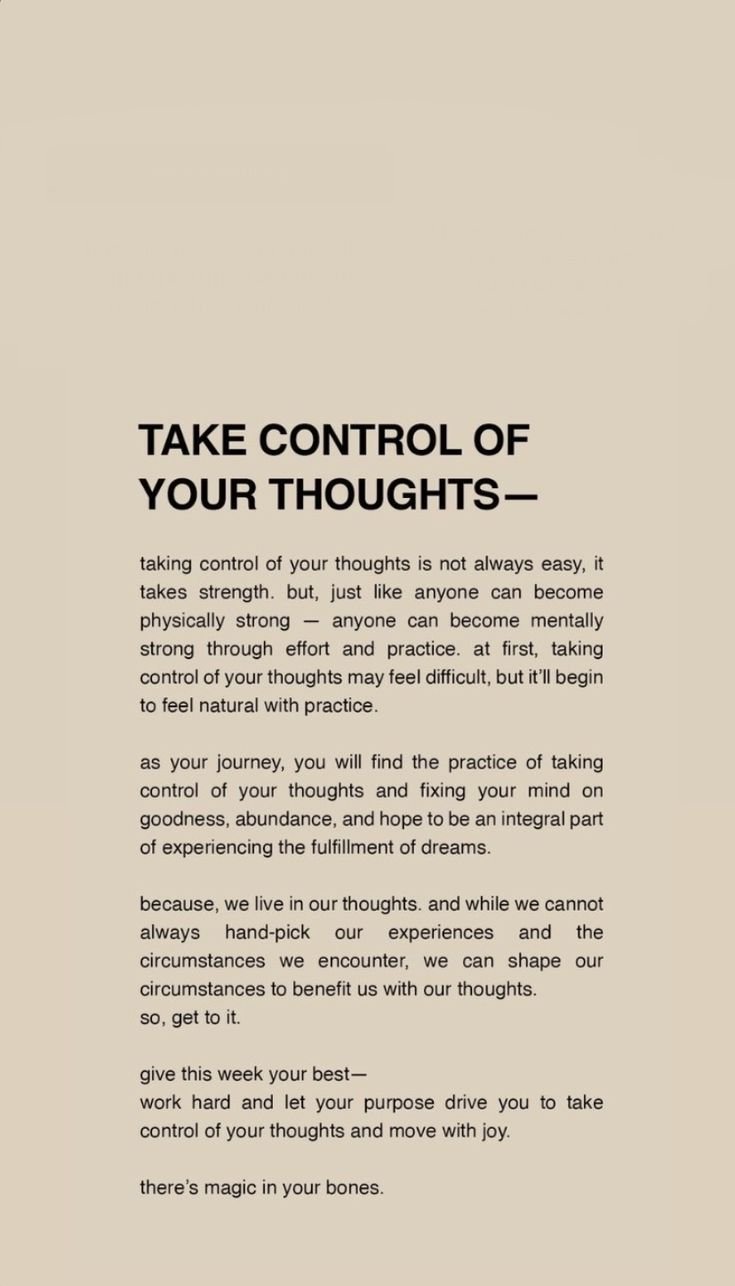Bath salts are known best for their relaxing effects, and there’s mounting evidence that these salts provide many other therapeutic benefits, including alleviating muscle aches and joint inflammation. If you’ve been considering adding bath salts to your wellness routine but are still skeptical about their efficacy, this article is for you.
Bath salts are not just a fancy term for the salts you sprinkle in your tub. Their restorative effects depend on their chief active ingredients, which can be a blend of various minerals and compounds like Epsom salt (magnesium sulfate), sea salt (sodium chloride), baking soda (sodium bicarbonate), essential oils, flowers, herbs, and clay.
Ingredients are combined to provide various therapeutic properties, creating a rejuvenating bath experience. Not only are bath salts beneficial to the body; they have soothing effects on the mind—promoting relaxation, reducing stress, and enhancing mental clarity through their soothing properties.
In this article, we will delve into the natural benefits of bath salts and how they can enhance your self-care routine.
No. 1
DRY SKIN
Dry skin is a major cause of itchiness and irritation, and moisture deprivation of the skin can exacerbate existing conditions, such as eczema and psoriasis. Epsom salt, in particular, has proven remarkably effective for people with dry skin and irritation. That’s due to its powerful moisturizing properties. Similarly, some bath salts may also be effective in relieving the itchiness caused by insect bites or contact with poisonous plants.
To prepare a soothing bath, pour a cup of Epsom salt into your bathtub and add a tablespoon of extra-virgin olive oil (EVOO) or essential oils to enhance the salt’s absorption rate. Immerse yourself into the bathtub for about ten minutes for 2 weeks. Be prepared to see the difference, as dry skin will be a thing of the past.
No. 2
DETOXING
It’s difficult to find a wellness enthusiast who hasn’t come across a detoxing scam. While many fall victim, splurging thousands on overrated detox programs, it’s interesting to know that the most effective detoxifiers are found in natural products like bath salts.
Most detox baths contain Epsom salt, which is high in magnesium. This mineral is a detoxifier, penetrating the skin’s pores to remove toxins and excess sebum. Magnesium is known to promote relaxation, and bathing with the mineral can help to calm your mind after a stressful day in the office. To enhance its properties, use it alongside other popular relaxants, such as lavender, eucalyptus, clary sage, and bergamot for a truly relaxing experience.
In 2004, a study found that bathing with Epsom salt may increase the absorption of magnesium and sulfate. This can be a proactive way to prevent diseases caused by magnesium deficiency, such as fibromyalgia.
No. 3
Relaxation and Stress-Relief
Magnesium is a mineral that plays a crucial role in relaxation and stress relief in the body. It is often referred to as the "anti-stress" mineral due to its ability to promote relaxation and calmness.
Here are some ways in which magnesium helps relax the body:
Muscle Relaxation - Magnesium plays a key role in muscle function and helps regulate muscle contractions. Adequate magnesium levels in the body can help prevent muscle cramps and spasms, promoting overall relaxation in the muscles.
Stress Reduction - Magnesium is known to regulate the body's stress response by acting on the hypothalamic-pituitary-adrenal (HPA) axis. This helps lower levels of the stress hormone cortisol, leading to a calmer state of mind and body.
Neurotransmitter Regulation - Magnesium is involved in the regulation of neurotransmitters like GABA, which have calming effects on the brain. By modulating these neurotransmitters, magnesium helps promote feelings of relaxation and reduces anxiety.
Improved Sleep - Magnesium plays a crucial role in the production of melatonin, the hormone that regulates sleep-wake cycles. Adequate magnesium levels can help improve sleep quality, making it easier to relax and unwind.
Blood Pressure Regulation - Magnesium helps regulate blood pressure by promoting vasodilation and improving blood flow. This can help reduce hypertension and create a more relaxed cardiovascular system.
By supporting muscle function, stress reduction, neurotransmitter balance, sleep quality, and blood pressure regulation, magnesium plays a multifaceted role in promoting relaxation and overall well-being in the body.
No. 3
ARTHRITIS
Arthritis is a leading cause of physical disability. Findings by the Centers for Disease Control and Prevention (CDC) suggest that more than 20% of all Americans suffer from some form of arthritis.
It turns out that for those who suffer from arthritis, having a salt bath might reduce the core symptoms of pain and inflammation. By relieving both muscle pain and joint stiffness in arthritics, their mobility is greatly improved.
For optimal results, arthritis patients are encouraged to use bath salts alongside anti-inflammatory essential oils like ginger. A 2016 study investigating ginger’s healing properties found that the compound possesses anti-arthritic and joint-protective abilities.
Another common essential oil that may improve bath salts’ efficacy is cinnamon. The compound packs both anti-inflammatory and analgesic properties.
No. 4
SKIN BREAKOUTS
Most skin breakouts present as swelling. The fact that bath salts can relieve inflammation automatically makes them effective against conditions like acne, eczema, contact dermatitis, and psoriasis.
The reason bath salts are so effective is their ability to penetrate deep into the skin. This can help to nip breakouts in the bud, improving your skin’s health and radiance.
According to the National Eczema Association, adding a cup of table salt to your bathtub can minimize stinging for people with existing skin conditions. You might consider mixing ordinary table salt with sea salt and Epsom salt for compounded benefits.
Add some tea tree oil, too, if you have sensitive skin. Besides being a potent anti-inflammatory remedy, tea tree oil contains immense antimicrobial and antiseptic properties. This compound may prevent bacterial invasion during skin breakouts, thereby accelerating recovery.
No. 5
TOENAIL FUNGUS
Most people associate bath salts with bathtub treatments. However, complete immersion isn’t always necessary to enjoy the healing properties of bath salts. A foot soak might be all you need to relieve conditions like toenail fungus and athlete’s foot. Other foot conditions you may consider treating with a bath salt foot soak include gout and foot odor.
The benefit of a foot soak over full immersion is that it targets specific conditions. The treatment is also easy to administer since it doesn’t require rigorous bathtub preparation.
No. 6
REPLACEMENT FOR REGULAR SOAP
Upgrading from regular soaps to bath salts allows you to enjoy the salts’ therapeutic benefits with every shower session. The good news is that there are numerous products to pick from. Just remember to research a bath salt’s ingredients carefully to determine its suitability for your skin type.
Pay particular attention to the active compounds and potentially toxic chemicals in the product. This is especially important if you have sensitive skin. Common additives like parabens may trigger severe allergic reactions besides predisposing you to long-term skin problems.
TAKEAWAYS
Bath salts are some of the most underrated, yet highly-effective, skincare products available. Incorporating these products into your wellness routine lets you benefit from their powerful healing ingredients, which mainly comprise Epsom salt—a magnesium-rich mineral. It is overwhelmingly clear that bath salts are a rightful addition to your skincare routine to enhance overall wellness for the body and mind.
THE LIST
WELLNESS
✔️
INA LABS
Ina was founded by an OB/GYN and leading cosmetic chemist, combining top medical expertise with clean, effective ingredients to create elevated intimate essentials you can trust.
By creating a safe environment where women’s intimate needs are at the forefront of the conversation, Ina is changing the narrative and giving women access to cleaner feminine care products for our most delicate skin.
They use clean ingredients, luxurious formulations, and beautiful discreet packaging to empower women to indulge in caring for their intimate skin. Because they understand that our bodies deserve better — in fact, they deserve the very best.

































































